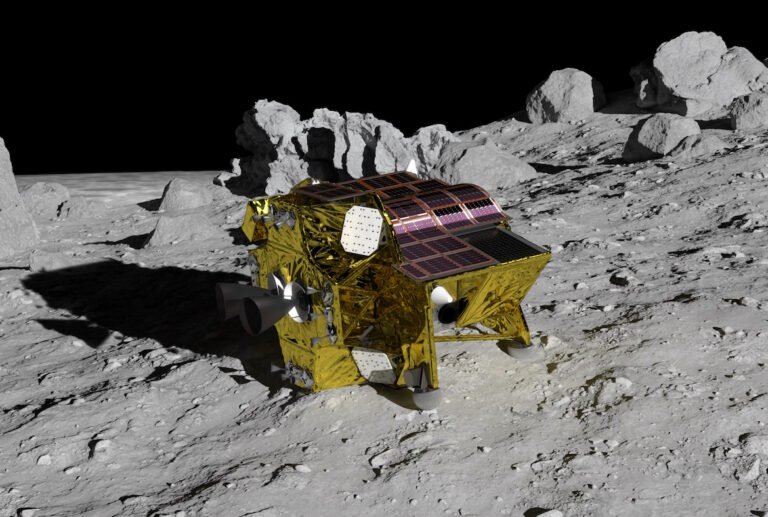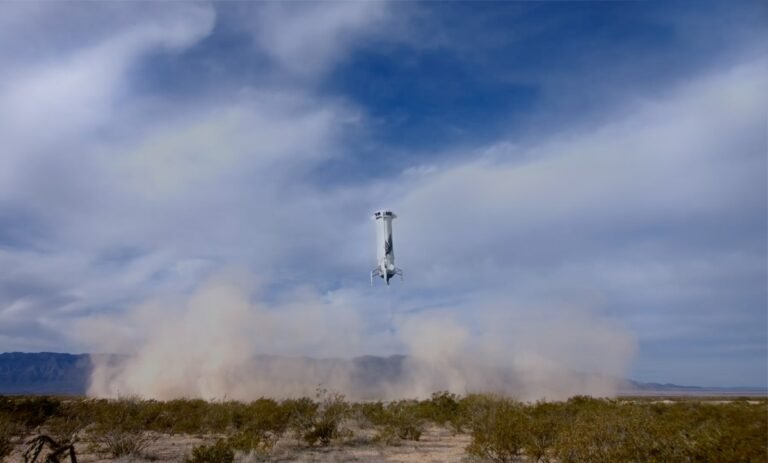
Japan’s first lunar lander has officially powered down on the moon after its solar cells were unable to generate electricity, though the nation’s space agency said there is a possibility of turning things around when the direction of the sun’s rays change.
Japan made history last week when its lander, called Smart Lander for Investigating Moon (SLIM), successfully touched down on the moon’s surface last week.
Shortly after landing, directors of the mission explained that while the soft landing was a minimal success, the spacecraft’s solar cells were not generating power.
“According to the telemetry data, SLIM’s solar cells are facing west,” the Japan Aerospace Exploration Agency (JAXA) said in the update.
Japan can count a handful of other major wins in the mission, even if the solar cells never manage to charge up sufficiently for a recovery operation.

In fact, an April 2023 Arize survey found that 53% of respondents planned to deploy LLMs within the next year or sooner.
The H100 GPU from Nvidia, a popular choice for LLMs, has been selling on the secondary market for about $40,000 per chip.
One source estimated it would take roughly 6,000 chips to train an LLM comparable to ChatGPT-3.5.
That source estimated that the power consumption to run ChatGPT-3.5 is about 1 GWh a day, or the combined daily energy usage of 33,000 households.
Power consumption can also be a potential pitfall for user experience when running LLMs on portable devices.

Blue Origin’s New Shepard is officially back in action, with the company today successfully launching the suborbital rocket for the first time in more than 15 months.
The rocket lifted off from Blue Origin’s launch site in West Texas at around 10:42 a.m. local time.
The mission successfully concluded after a period of 10 minutes, when the capsule safely returned to Earth after a brief suborbital flight.
This is the first time Blue Origin has launched New Shepard since September 2022, when an anomaly triggered an auto-abort mid-flight.
Blue flew New Shepard four times in 2022, including the failed launch.






